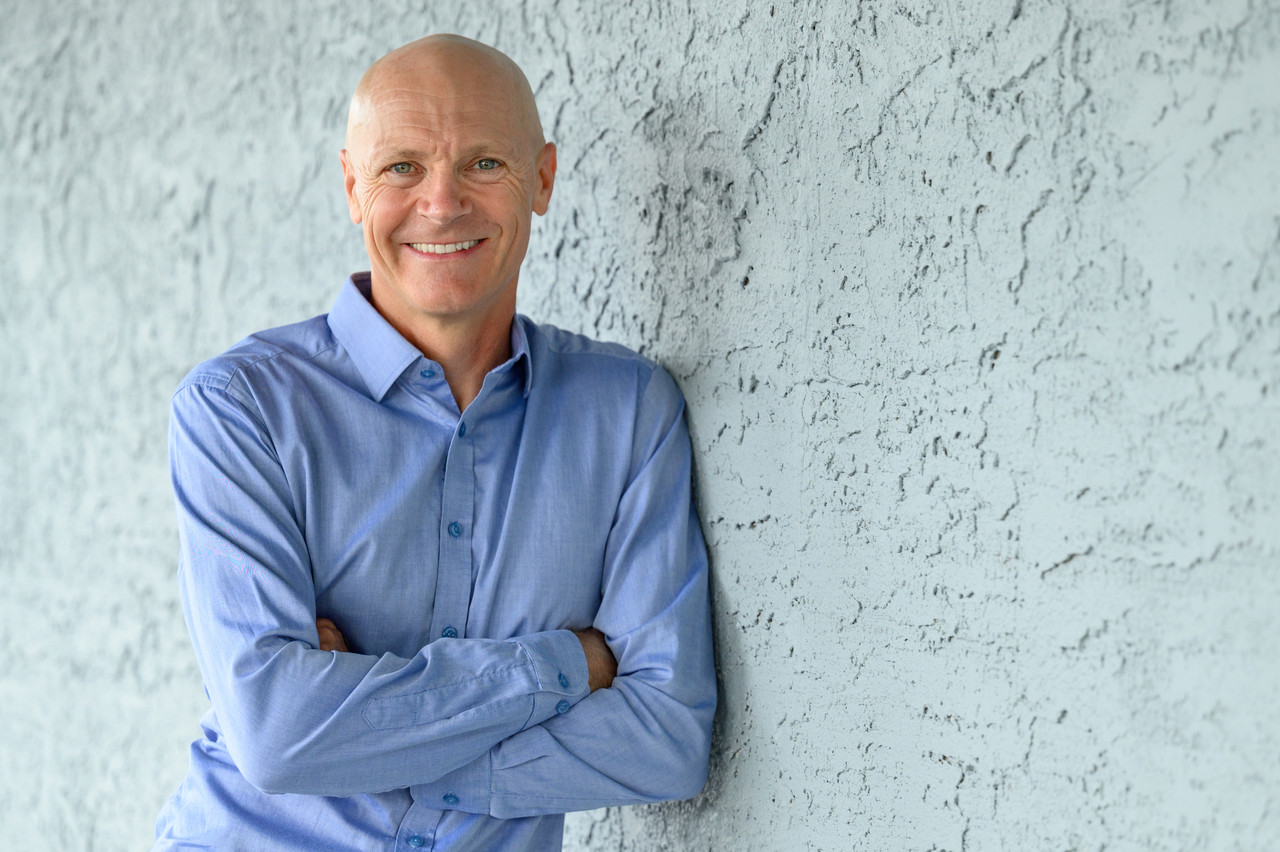“The financial products that most people buy in Europe are so laden with hidden fees that they shouldn’t actually be legal.”
So says Andrew Hallam, Canadian financial writer and author of three self-help books on the subject of personal finance. The most recent is called Balance: How to Invest and Spend for Happiness, Health, and Wealth (2022), though in an interview with Delano the author preferred to discuss Millionaire Expat: How to Build Wealth Overseas, the third edition of which also came out in 2022.
Hallam will be in Luxembourg delivering a keynote speech at Swissquote’s on Thursday 19 January.
Speaking with Delano, Hallam draws a cultural divide between investors in the United States and those in Europe: due to the erosion of social pensions in the US, people there have been forced to become (in relative terms) savvy investors. As a result, he says, Americans operate in a culture imbued with much more retail consumer advocacy.
But in Europe, he contends, this isn’t the case. People do want to invest, since once-generous pensions are becoming moderately less so, yet what they find (and buy) are generally “horrendous products” full of extra fees.
“At first,” the author explains, “I was seeing certain products that were just like--it would be some guy in Egypt who bought this product through an insurance company based in Switzerland… and I looked at it and I remember thinking: ‘no, this can’t be legal, based on how layered it is [with fees]’.” These products were stock-market-based, he went on, but the odds of beating inflation with them were low. “Impossible,” in his phrasing, given the mix of management fees, insurance company fees and sometimes fund “mirror” fees as well.
With such products (“investment-linked assurance schemes”), laypeople might look at the prospectus and understand a fee of (for example) 1.2%--when the reality is sometimes three or four times higher than that, Hallam claims. The prevalence of these deals outside the United States induced him to write Millionaire Expat, which is meant as a guide for how to avoid such products and invest more intelligently.
“They don’t talk about money!”
Having travelled extensively to give talks, Hallam was willing to describe further differences he has perceived between cultures on the subject of money. One of his takeaways is about openness.
“A lot of Europeans don’t talk about money,” he says, linking this observation to the ubiquity of the aforementioned investment-linked assurance schemes.
“When Americans get ripped off on a financial product, they’re mad--and they let the world know about it,” he says. As a result, sellers of schlocky investment products don’t last long, because they’re publicly called out and have to stop or change their schemes. “If it’s a crappy product, every single one of those Americans [who bought it] is going to start piping off about how crappy it is.”
Across the pond--or at least in Britain--this isn’t so, according to the author. “It’s 100% the opposite… in British people,” he argues. “I’ll go into an international school [in Dubai or in continental Europe] and it’s filled with British people. And there’s this one shark who comes into that school [to sell insurance products] and he fleeces people every year. Every year. And the Brits say nothing. Because they don’t talk about money!”
Planning for retirement
At Investment Day, Hallam will give a talk entitled “Bulletproof Your Retirement”, which will address questions about what type of portfolio to own, how much money you can retire on and how much to withdraw from your portfolio during each year of your retirement.
He explains that, taking inflation into account, the idea is to calculate the highest statistical odds that you won’t run out of money for 30 years.
